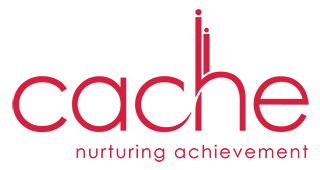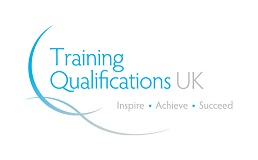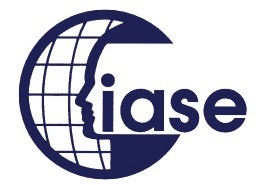ADHD And Sleep Link: Why Do You Always Wake Up Tired?
23rd May 2023
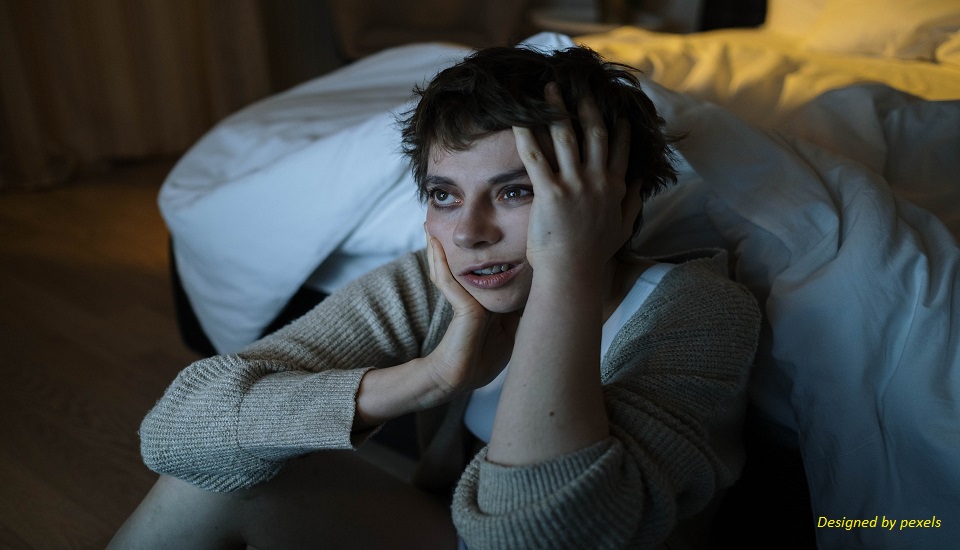
Research reveals, approximately 25%-50% of people diagnosed with ADHD experience sleep disorders ranging from insomnia to other secondary sleep conditions.
Attention-deficit/hyperactivity disorder (ADHD) is a neurodevelopmental disorder characterized by symptoms of inattention, hyperactivity, and impulsivity. It affects individuals of all ages and is most commonly diagnosed in childhood and often persists into adulthood. Approximately 5% of the children have ADHD and it is most commonly found in boys. While the exact causes of ADHD remain unclear, researchers have identified several factors that contribute to its development and maintenance, and one such factor is the relationship between sleep and ADHD.
What Is The Relationship Between ADHD And Sleep?
Emerging around puberty, sleep problems are highly prevalent among individuals with ADHD, and studies have suggested a bidirectional association between sleep disturbances and ADHD symptoms. Children with ADHD frequently experience difficulties falling asleep, maintaining sleep, and waking up in the morning. They may exhibit increased bedtime resistance, sleep onset insomnia, restless sleep, and frequent awakenings throughout the night. These sleep disturbances can lead to significant daytime sleepiness, fatigue, and impaired cognitive functioning.
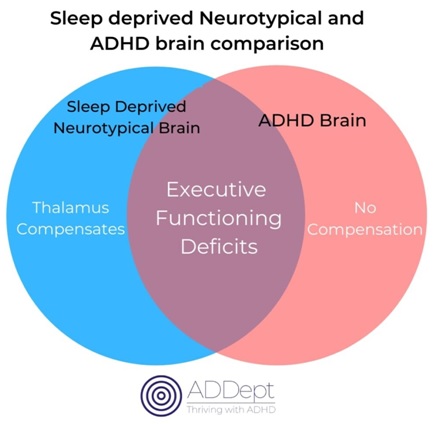
Source: www.addept.org
Additionally, inadequate sleep and poor sleep quality can exacerbate ADHD symptoms. Sleep deprivation can worsen inattention, impulsivity, and hyperactivity, making it more challenging for individuals with ADHD to focus, control their impulses, and regulate their behavior. Moreover, poor sleep can affect mood regulation and emotional stability, leading to increased irritability, frustration, and even depression, which are commonly observed in individuals with ADHD.
Several underlying mechanisms may contribute to the association between sleep and ADHD. And since many ADHD symptoms are similar to sleep deprivation, it is often possible to misdiagnose the situation and hence sleep disorders can go undetected. Disruptions in these neurotransmitter systems can affect arousal, attention, and sleep-wake regulation.
What Is The Biology Behind Sleep-ADHD Connection?
ADHD-related sleep interferences may be a side effect of impaired alertness, arousal, and regulation circuits of the brain. Neurobiological factors also play a crucial role in both sleep regulation and ADHD. Both conditions involve abnormalities in neurotransmitter systems, particularly involving dopamine and norepinephrine.
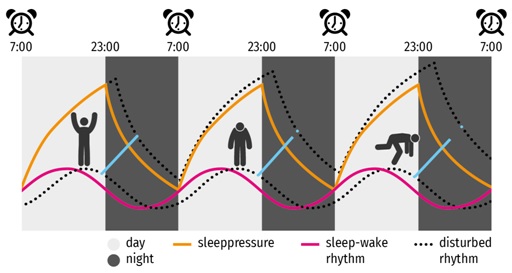
Source: brainclinics.com
Additionally, circadian rhythm disturbances have been observed in individuals with ADHD. The circadian rhythm, often referred to as the body's internal clock, regulates sleep-wake patterns and various physiological processes. Disruptions in the circadian rhythm can result in irregular sleep patterns, decreased sleep efficiency, and altered daytime functioning.
Types Of Sleep Disorders Commonly Found In People With ADHD
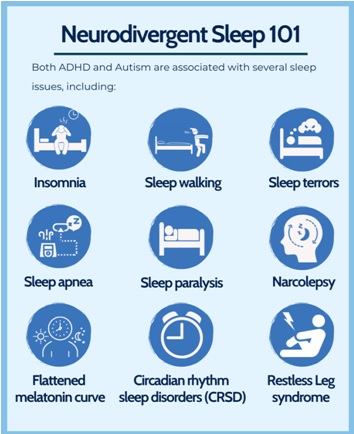
Source: neurodivergentinsights.com
The most common sleep disruptions associated with ADHD are:
- Insomnia
Even if people are rarely hyperactive during the day, they might still experience nighttime energy spurts and racing thoughts during the night that might interfere with sleeping and cause insomnia. The condition might worsen over time and people may start to develop the feeling of stress associated with bedtime thus disturbing the sleep-wake cycle.
- Circadian Rhythm Sleep Disorders
Individuals with ADHD, especially adolescents are more alert in the evening making it challenging to honor school and work commitments. The irregularities in the body’s internal clock and the delay in melatonin release can contribute to circadian rhythm sleep disorders.
The Delayed Sleep Phase Syndrome (DSPS) is the most commonly reported sleep-wake disorder in people with ADHD. In this condition, the cycle is delayed for 2 hours or more making it tricky to fall asleep at night and wake up tired and confused in the morning.
- Sleep-Disordered Breathing
This includes sleep apnea and snoring which affects almost one-third of ADHD patients. It leads to disturbed sleep at night and daytime sleepiness as the most common symptom.
- Restless Legs Syndrome
People with this syndrome experience a tingling sensation in their legs that makes it hard for them to fall asleep. This type of periodic limb movement disorder affects almost 50% of people with ADHD. Experts believe that this syndrome is caused by dopamine and iron deficiencies which are most commonly associated with ADHD.
- Narcolepsy
Individuals with this condition tend to have trouble sleeping soundly at night and suddenly fall asleep during the day. Researchers believe that sleepiness induced by narcolepsy might provoke ADHD symptoms and both conditions may stem from a problem with neurotransmitters or gene abnormality.
Sleep Tips For People With ADHD
There is no overnight solution to sleep disruptions, however, here are some gradual changes you can include in your life to see improvements:
- Stop alcohol, sugar, and caffeine intake a few hours before bed
- Steer clear from screens at least an hour before bed
- Make the bedroom a stress-free zone that is meant for sleep and not argument
- Get enough sunlight and exercise during the day
- Develop a bedtime routine doing things you enjoy
- Keep the bedroom, cool, dark, and quiet to sleep soundly
- Sleep and rise at the same time every day getting the recommended hours of sleep
Get Better Sleep With ADHD
Recognizing the connection between sleep and ADHD is crucial for effective treatment interventions. Sleep problems can interfere with learning, memory consolidation, and attentional control, making it harder for individuals with ADHD to succeed academically. If you need to learn more about ADHD and its symptoms and diagnosis, consider pursuing an Online Bachelor of Education in Special Educational Needs program to manage sleep problems in individuals with ADHD that can lead to improvements in symptoms and overall functioning.





